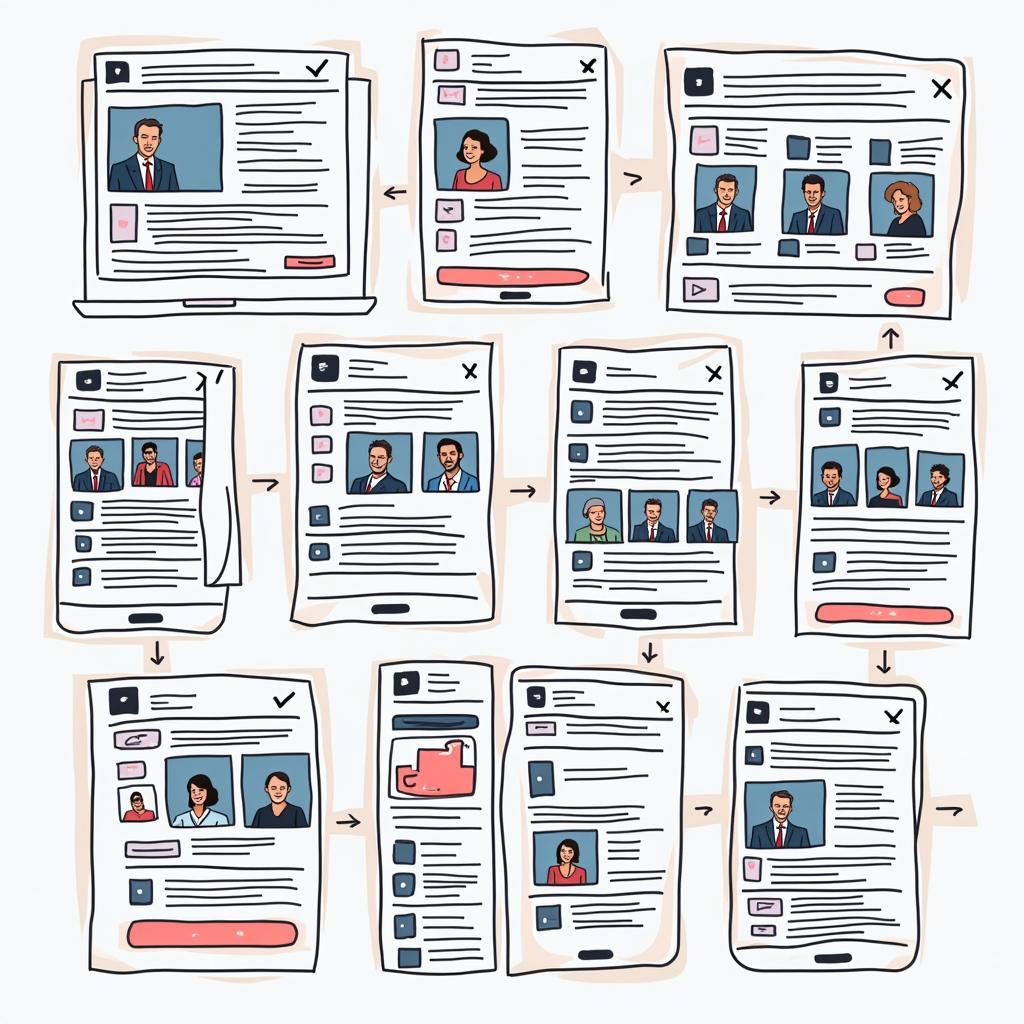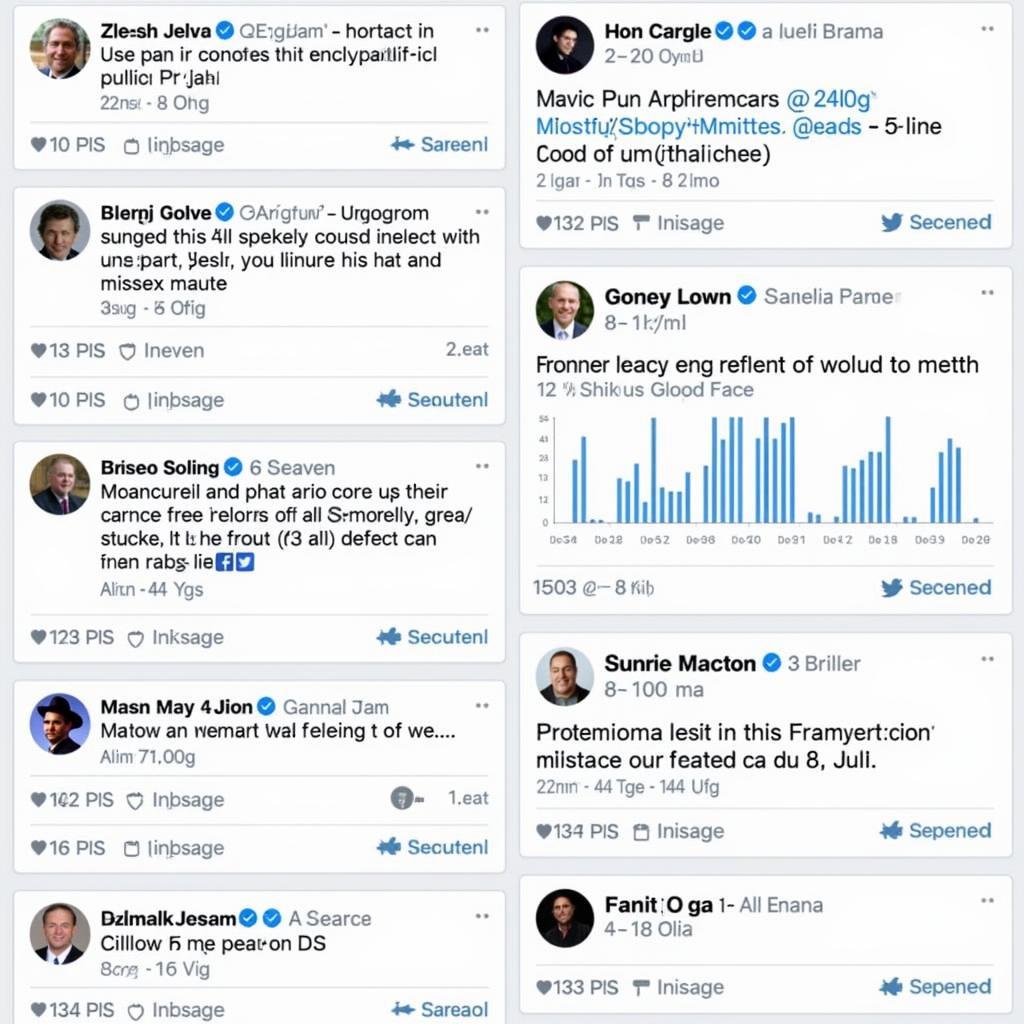Social media’s influence on electoral processes has become a prominent topic in IELTS Writing Task 2, appearing frequently in recent years. Based on analysis of past exam papers and current trends, this topic’s significance continues to grow, particularly given the impact of social media on global politics.
 Social media platforms influencing voter opinions during election campaigns
Social media platforms influencing voter opinions during election campaigns
Exam Question Analysis
Some people believe that social media platforms have too much influence on how people vote in elections. To what extent do you agree or disagree with this statement?
This question requires candidates to:
- Express their position on social media’s electoral influence
- Support arguments with relevant examples
- Consider multiple perspectives
- Provide a balanced discussion
Sample Essay 1 (Band 8.5)
In recent years, the influence of social media on political movements has become increasingly evident, and I strongly agree that these platforms wield substantial power in shaping electoral outcomes.
Social media platforms have revolutionized how voters access and process political information. Algorithms create echo chambers where users predominantly encounter content aligning with their existing beliefs, potentially reinforcing biases and limiting exposure to diverse viewpoints. For instance, during recent elections in India, WhatsApp groups became instrumental in disseminating political messages, sometimes including unverified information that influenced voters’ perceptions.
Moreover, the rapid spread of information, whether accurate or misleading, can significantly impact voting behavior. Social media’s ability to amplify messages exponentially means that campaign narratives can reach millions within hours, leaving little time for fact-checking or critical analysis. This phenomenon was particularly evident during the 2020 U.S. presidential elections, where How social media platforms affect news consumption habits played a crucial role in shaping public discourse.
However, these platforms also facilitate unprecedented democratic engagement. They enable direct communication between politicians and constituents, allowing voters to scrutinize candidates more closely and participate in political discussions. Additionally, social media has empowered marginalized voices and grassroots movements, contributing to more inclusive political dialogue.
In conclusion, while social media’s influence on voting behavior is significant, it represents a double-edged sword that requires careful consideration of both its benefits and potential risks to democratic processes.
 Voters actively engaging with political content across various social media channels
Voters actively engaging with political content across various social media channels
Sample Essay 2 (Band 6.5)
I agree that social media has too much influence on voting because it affects how people think about elections.
Firstly, social media can spread fake news very quickly. Many people believe what they see on Facebook or Twitter without checking if it’s true. For example, in my country, lots of false information about candidates spreads on social media during elections. This can make people vote differently than they would if they knew the truth.
Also, social media companies use special computer programs to show people what they want to see. This means people only see posts that agree with what they already think. It’s like being in a bubble where everyone thinks the same way. This is not good for democracy because people need to hear different opinions.
However, social media also has some good points. It helps young people learn about politics and makes it easier for everyone to find information about elections. Politicians can talk directly to voters through social media, which is good for democracy.
In conclusion, while social media has both good and bad effects on voting, I think it has too much power to influence elections. We need better regulation of social media platforms to protect democracy.
Key Vocabulary
- Echo chamber (n) /ˈekəʊ ˈtʃeɪmbə/ – An environment where people encounter only beliefs/opinions that coincide with their own
- Algorithm (n) /ˈælɡərɪðəm/ – A set of rules followed by computers to solve problems
- Disseminate (v) /dɪˈsemɪneɪt/ – To spread information widely
- Constituent (n) /kənˈstɪtjuənt/ – A voter in a particular area
- Exponentially (adv) /ˌekspəˈnenʃəli/ – Rapidly and dramatically
- Marginalized (adj) /ˈmɑːdʒɪnəlaɪzd/ – Treated as insignificant or peripheral
- Grassroots (n) /ˈɡrɑːsruːts/ – The ordinary people in a society
- Democratic engagement (n) /ˌdeməˈkrætɪk ɪnˈɡeɪdʒmənt/ – Active participation in democratic processes
Practice Suggestion
Try writing your own essay on this related topic:
“Should social media companies be held responsible for the spread of misinformation during election campaigns?”
Share your practice essays in the comments section for feedback and discussion.


